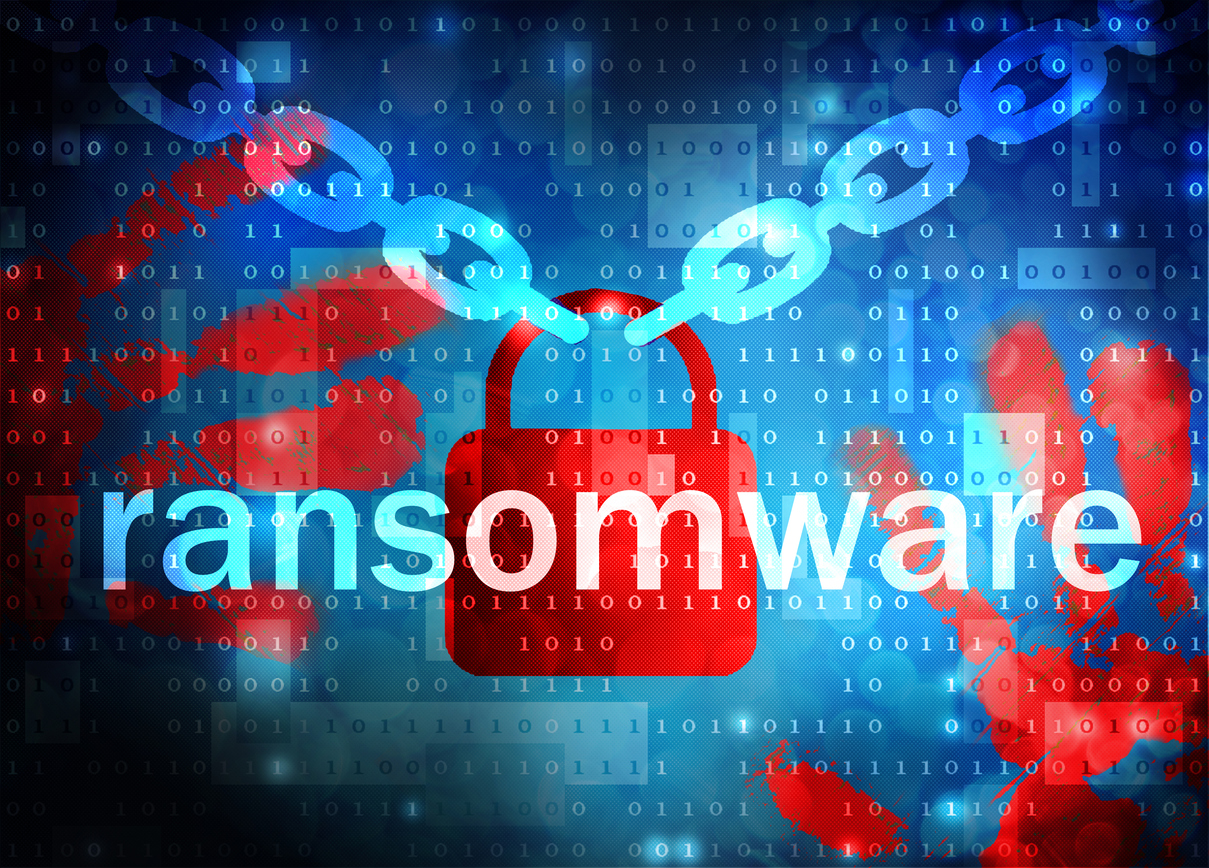"Ransomware is not new, but has evolved over time," said Michael Tanenbaum, Head of Chubb Cyber North America. "In today's environment, the impact of a company's system becoming inoperable can result in severe and long-term disruption for a business. Some ransom demands have grown to the six-and seven-figure range, so it is critical for businesses to understand the increased sophistication of ransomware, what procedures and systems need to be in place to mitigate the risk, and what solutions they need to protect themselves should they experience an attack."
Manufacturing accounts for 23 percent, and professional services is 30 percent, of the total number of ransomware incidents reported to Chubb across all industries through the third quarter. Manufacturing companies are more likely to be targeted because of their need to quickly restore operations, and professional service firms, which rely heavily on email, are often affected because of vulnerabilities associated with phishing attacks. However, ransomware can affect any company, regardless of size or industry.
This quarter's Cyber InFocus examines:
- What is ransomware, including how bad actors are becoming more sophisticated with targeted ransomware strains.
- The most common strains of ransomware, including Bitpaymer and Ryuk, and how these strains use a banking Trojan, such as Trickbot or Emotet, to infiltrate their victim's system.
- An emerging ransomware strain called Sodinokibi, which specifically targets its victims and demands larger than average ransoms.
According to the Chubb Cyber IndexSM:
- Malware claims, which include ransomware, have risen to 18% of all cyber claims in 2019 from an average of 12% over the past five years.
- Ransomware accounts for 40% of manufacturers cyber claims in 2019 thus far.
- Ransomware accounts for 23% of cyber claims for smaller businesses (revenue less than $25M) in 2019.
"As bad actors are continuously changing their attack techniques and increasing the complexity of the ransomware, it's imperative to implement multiple layers of preventative measures to mitigate potential incidents and ensure a reaction plan is in place if an attack occurs," added Anthony Dolce, Vice President, Cyber Lead, Chubb North America Financial Lines Claims. "By regularly backing up data files and securing those backups offline, properly educating employees, investing in state-of the-art security and antivirus software, and purchasing a comprehensive cyber insurance policy, businesses can be better prepared and protected no matter the threat."
Chubb's Cyber InFocus report, which first launched in early 2018, provides insights into the effects of cyber risks and trends on specific industries or business segments each quarter. Such insight is based on Chubb's use of third-party research, as well as proprietary claims data from more than two decades of insuring organizations against evolving cyber threats.
Visit www.chubb.com/cyber to read this quarter's Chubb Cyber InFocus Report, and reports from previous quarters, and get access to additional insight into risk mitigation practices, as well as real-time proprietary cyber claims data through the Chubb Cyber Index. Visit Chubb Cyber InFocus to view a video on this quarter's topic.
For more information on Chubb's cyber products and services, contact your local Chubb agent or broker.












